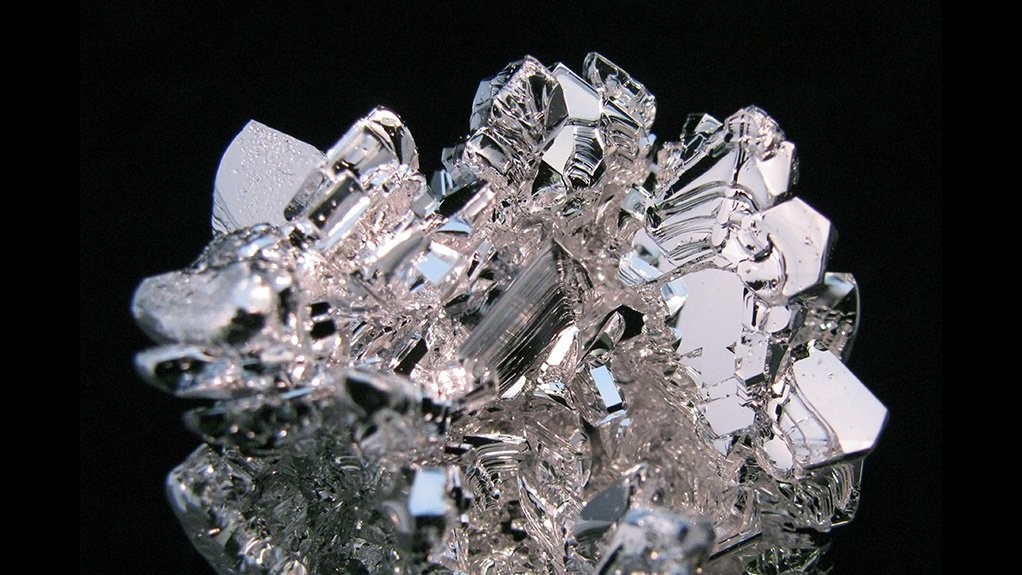
Magnesium is one of the most abundant elements in the Earth’s crust. The sea contains trillions of tonnes of magnesium. It is found in stars, in plants, in animals, and in us.
Magnesium is an essential element in plant and animal life. Chlorophyll, the element which essentially allows plants to make oxygen, contains a single atom of magnesium at its centre. Without magnesium, life as we know it would not exist.
For us humans, magnesium is essential to the working of hundreds of enzymes. It helps to regulate body temperature, improve sleep, activate vitamin D and promote bone growth. It helps reduce blood pressure (it is given in high doses to pregnant women who have dangerously high blood pressure) and most importantly, your heart. Without it, your entire body suffers.
Magnesium deficiency is very common but rarely diagnosed. It can be difficult to measure magnesium levels as it is mostly stored in the bones and only 1% is distributed in the blood, making a routine blood test not very useful.
Common signs and symptoms of magnesium deficiency include:
• Muscle spasms and cramps
• Headache and migraines
• Fatigue and low mood
• Cardiac arrhythmias
• High blood pressure
• Uterine cramps
Magnesium is particularly helpful for women with PMS and menstrual cramps for two reasons. Firstly, the hormonal changes occurring during the menstrual cycle can cause the the body to excrete more magnesium than normal, and some women find that replacing magnesium often improves their symptoms. Secondly, magnesium allows the muscles of the womb to relax and allow the blood to flow.
Some of the best food sources of magnesium are nuts, seeds, dark chocolate and green vegetables. However, western diets are still deplete in magnesium and a supplement of 300mg a day is recommended. As it also helps to relax muscles and help sleep, it is advisable to take it in the evening.
Is it difficult to overdose on Magnesium through diet – your kidneys will filter it out. It is also rare to overdose through supplements but if you do, the main symptom is loose stools. At this point reduce your dose slightly until bowel movements normalise. People with kidney conditions should speak to their own physician before starting a magnesium supplement.
Another way to increase magnesium is by having a bath with Epsom salts. You need approximately 600g of salts for a regular bath – the water should feel soapy. The magnesium will absorb through the skin, and many people comment on how much better their joints feel doing this. Having a soak in the bath will also give you some precious time to yourself to relax. Add some peaceful music or an audiobook and low lighting and make it a wonderful self-care session. If you don’t have a bath, then even a foot soak will help – remember it’s all about making small, easy and achievable changes. Enjoy!
Wishing you all health and happiness.
Dr Maria Amasanti
- John Emsley, Nature’s Building Blocks: An A-Z Guide to the Elements, Oxford University Press, New York, 2nd Edition, 2011.
- Thomas Jefferson National Accelerator Facility – Office of Science Education, It’s Elemental-The Periodic Table of Elements. https://www.rsc.org/periodic-table/element/12/magnesium
- Sinatra S, et al. Heart Sense for Women. Washington, DC: LifeLine Press; 2000.
- Whitaker J. Reversing Hypertension. New York, NY: Warner Books, Inc.; 2000
- Joffres MR, et al. Am J Clin Nutr. 1987 Feb;45(2):469–75